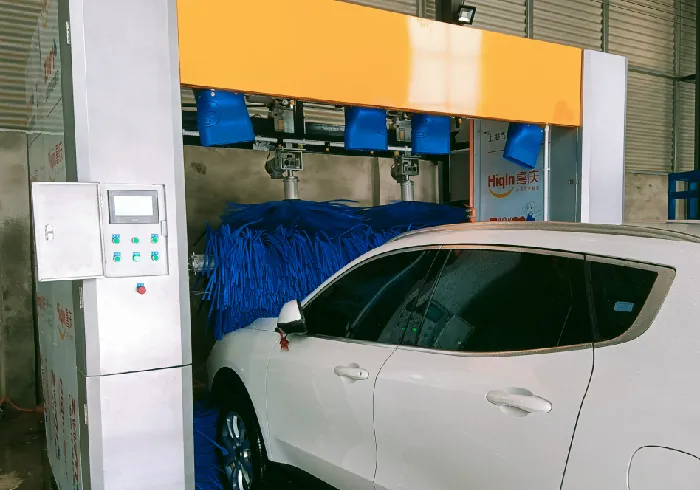
- Afrikaans
- Albanian
- Amharic
- Arabic
- Armenian
- Azerbaijani
- Basque
- Belarusian
- Bengali
- Bosnian
- Bulgarian
- Catalan
- Cebuano
- Corsican
- Croatian
- Czech
- Danish
- Dutch
- English
- Esperanto
- Estonian
- Finnish
- French
- Frisian
- Galician
- Georgian
- German
- Greek
- Gujarati
- Haitian Creole
- hausa
- hawaiian
- Hebrew
- Hindi
- Miao
- Hungarian
- Icelandic
- igbo
- Indonesian
- irish
- Italian
- Japanese
- Javanese
- Kannada
- kazakh
- Khmer
- Rwandese
- Korean
- Kurdish
- Kyrgyz
- Lao
- Latin
- Latvian
- Lithuanian
- Luxembourgish
- Macedonian
- Malgashi
- Malay
- Malayalam
- Maltese
- Maori
- Marathi
- Mongolian
- Myanmar
- Nepali
- Norwegian
- Norwegian
- Occitan
- Pashto
- Persian
- Polish
- Portuguese
- Punjabi
- Romanian
- Russian
- Samoan
- Scottish Gaelic
- Serbian
- Sesotho
- Shona
- Sindhi
- Sinhala
- Slovak
- Slovenian
- Somali
- Spanish
- Sundanese
- Swahili
- Swedish
- Tagalog
- Tajik
- Tamil
- Tatar
- Telugu
- Thai
- Turkish
- Turkmen
- Ukrainian
- Urdu
- Uighur
- Uzbek
- Vietnamese
- Welsh
- Bantu
- Yiddish
- Yoruba
Innovative Techniques for Water Reclamation and Sustainable Resource Management
Water Reclamation A Sustainable Solution for a Thirsty Planet
Water is one of the most precious resources on our planet, essential for human survival, agriculture, and industry. However, with an increasing global population and rapid urbanization, the demand for fresh water is continuously rising. To meet this demand and to combat the challenges posed by climate change and pollution, water reclamation has emerged as an innovative and sustainable solution.
Water reclamation, also known as water recycling, involves the treatment of wastewater to remove contaminants and produce water that can be safely reused for various purposes. This process not only conserves fresh water resources but also reduces the volume of wastewater that would otherwise contribute to pollution and environmental degradation.
The Process of Water Reclamation
The water reclamation process typically begins with the collection of wastewater from residential, industrial, and agricultural sources. The wastewater then undergoes several stages of treatment
1. Preliminary Treatment This initial stage involves the removal of large solids and debris from the wastewater through screening and sedimentation.
2. Primary Treatment In this step, the remaining suspended solids are removed by sedimentation, allowing the heavier particles to settle at the bottom.
3. Secondary Treatment This critical phase involves biological treatment methods, where microorganisms break down organic matter present in the wastewater. Common methods include activated sludge processes and trickling filters.
4. Tertiary Treatment The final stage of treatment, tertiary processes further purify the water by removing remaining contaminants, nutrients, and pathogens. Techniques such as filtration, chemical coagulation, and disinfection (using chlorination or ultraviolet light) are employed to achieve high water quality standards.
Once treated, reclaimed water can be used for various applications, including irrigation for agriculture and landscaping, industrial processes, toilet flushing, and even potable uses in some cases after advanced treatment methods.
water reclaim mat

Benefits of Water Reclamation
The primary benefit of water reclamation is the conservation of fresh water. By reusing wastewater, communities can significantly reduce their reliance on traditional water sources, such as rivers, lakes, and groundwater. This is particularly crucial in arid regions where water scarcity is a pressing issue.
Moreover, water reclamation helps in reducing the environmental impact of wastewater disposal. By treating and reusing water, we can minimize the pollution of natural water bodies, preserving aquatic ecosystems and promoting biodiversity.
Economic advantages also accompany the adoption of water reclamation practices. Industries can reduce their water costs by utilizing reclaimed water for their operations. Additionally, municipalities can lessen the burden on existing freshwater supplies, potentially delaying the need for expensive new water infrastructure projects.
Challenges and Considerations
Despite its numerous benefits, water reclamation also faces challenges. Public perception and acceptance are significant hurdles; many people harbor concerns about the safety and quality of reclaimed water, especially for potable uses. Education and transparency about the treatment processes and quality standards are crucial to alleviate these concerns.
Furthermore, the initial investment required for the infrastructure and technology needed for water reclamation can be substantial. However, with careful planning and the identification of appropriate funding sources, these initial costs can be justified by the long-term savings and environmental benefits.
Conclusion
As the world grapples with water scarcity and the impacts of climate change, water reclamation stands out as a viable and sustainable strategy for managing our most precious resource. By treating and reusing wastewater, communities can protect their water supplies, reduce pollution, and promote economic efficiency. Embracing this innovative solution will be essential for creating a resilient and sustainable future, ensuring that clean water remains available for generations to come. With continued advancements in technology and increased public awareness, water reclamation can play a pivotal role in the global pursuit of sustainable water management.
-
Integrating Aqua Tunnel Car Wash in Shopping CentersNewsJun.24,2025
-
Gas Station with an Auto Car Wash MachineNewsJun.24,2025
-
Efficiency in Your Aqua Tunnel Car Wash: Power & Water-SavingNewsJun.24,2025
-
Car Wash Business with Advanced Auto Car Cleaning MachinesNewsJun.24,2025
-
Balancing Setup Costs with Aqua Tunnel Car WashNewsJun.24,2025
-
Aqua Tunnel Car Wash: Eco-Design for the Energy-Savvy EntrepreneurNewsJun.24,2025



